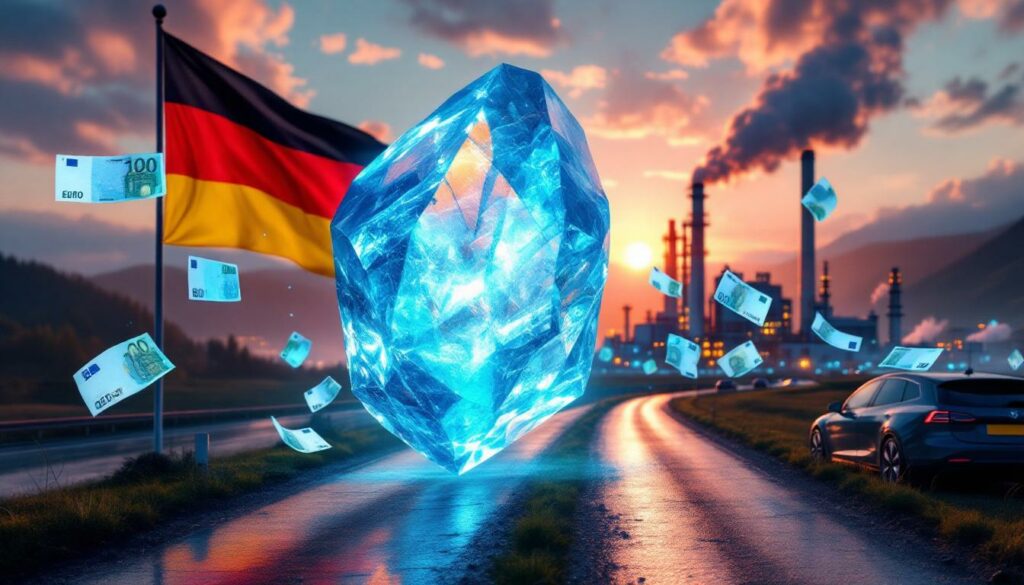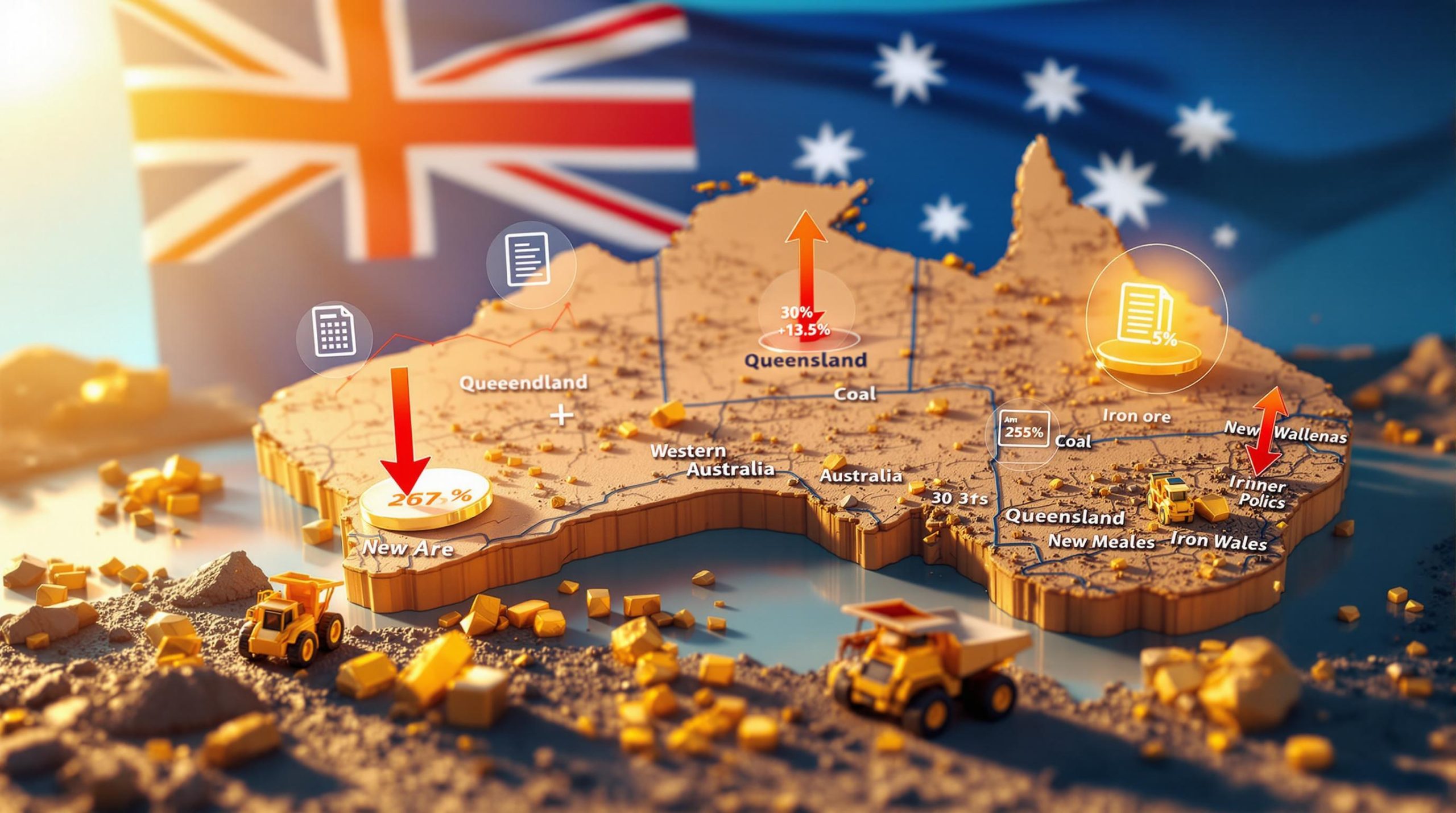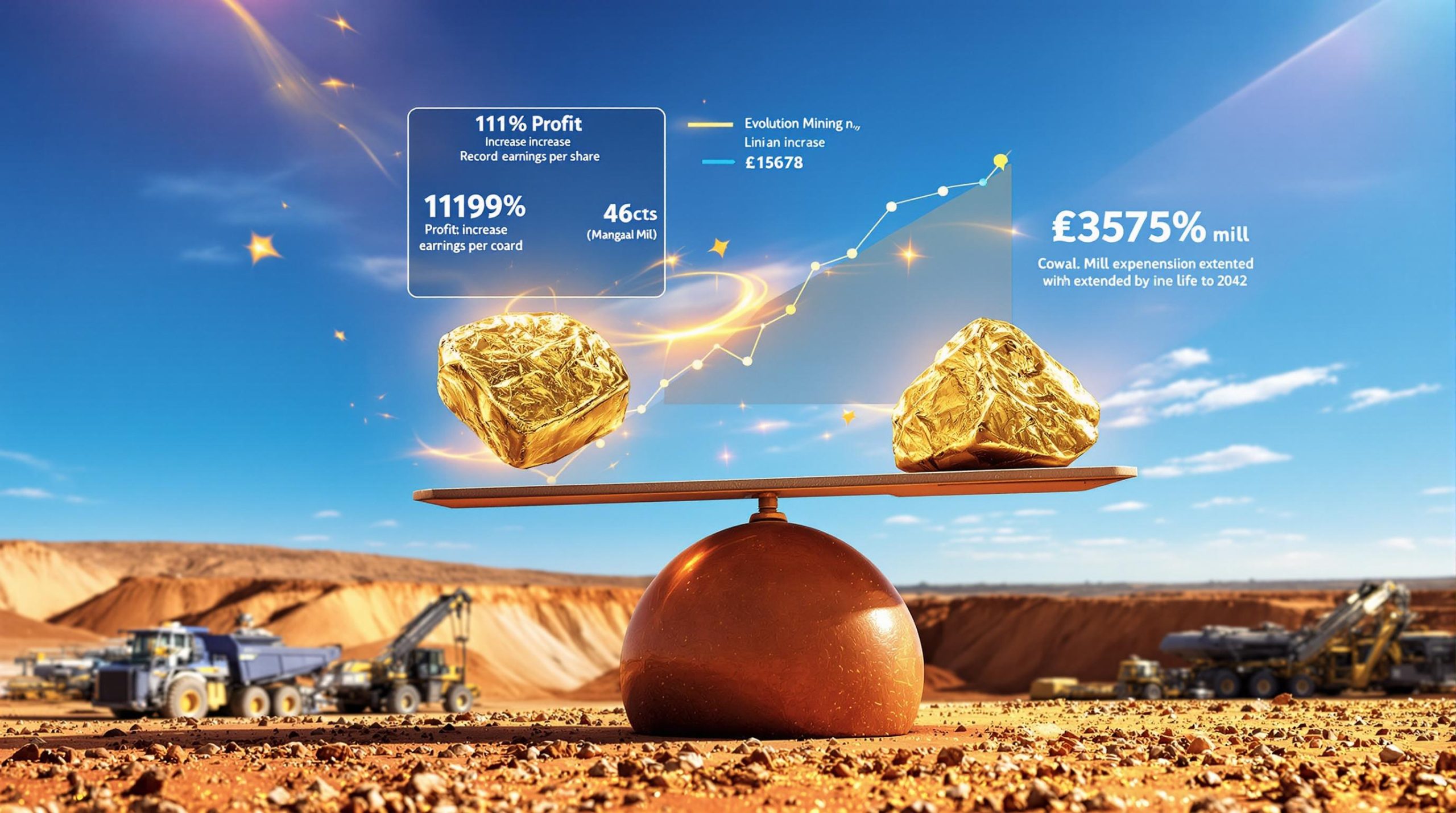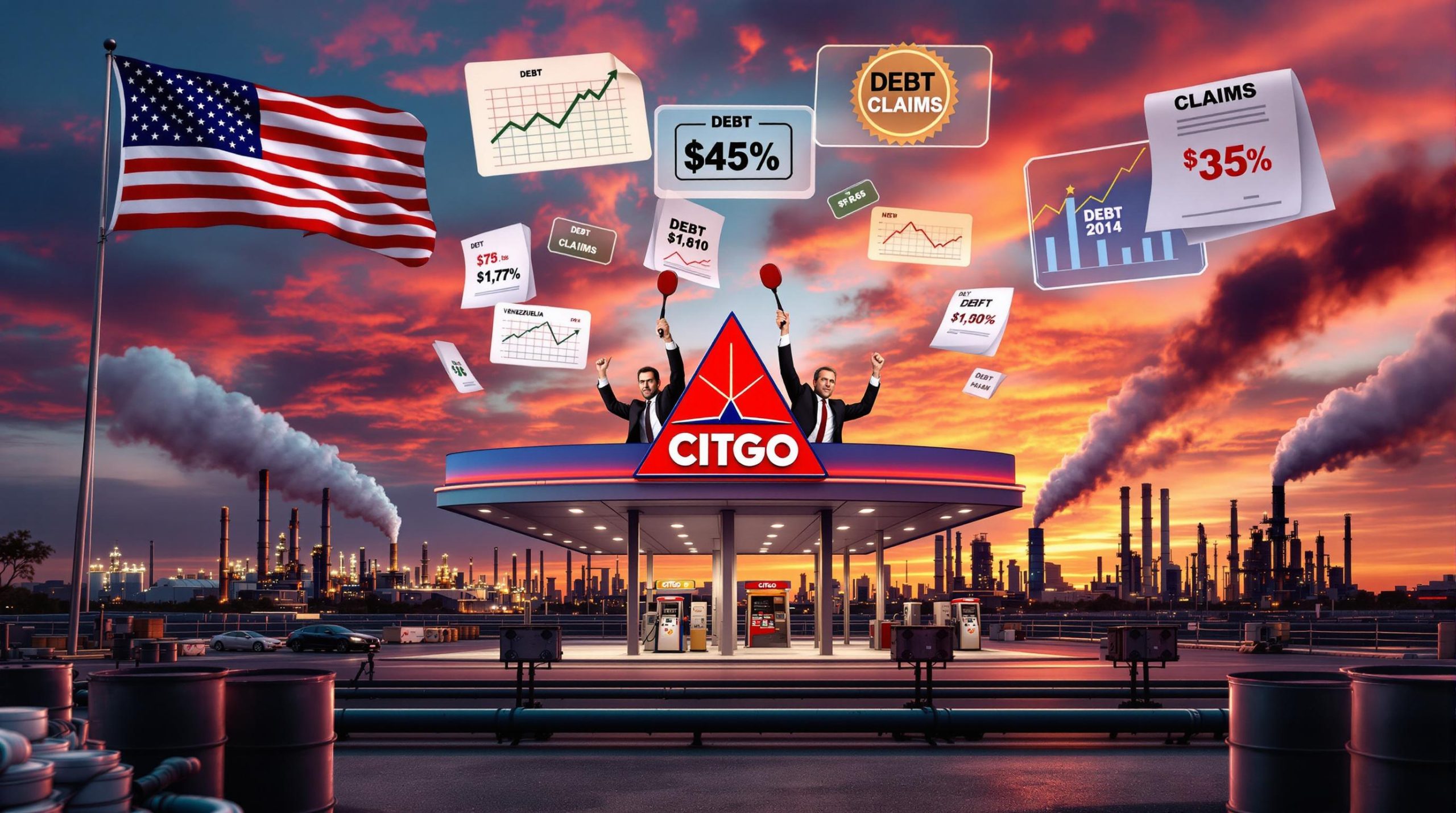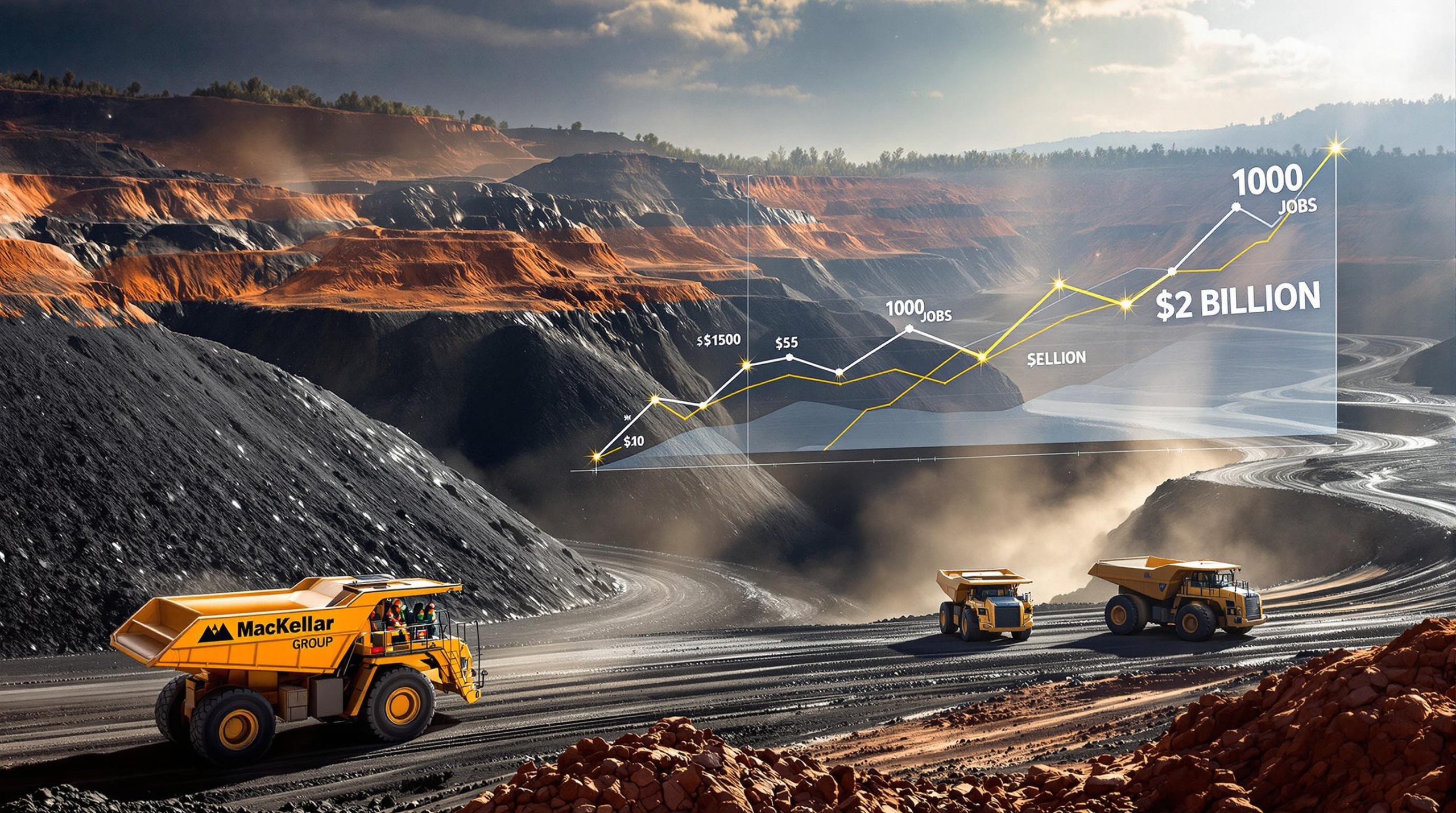The Strategic Importance of Domestic Lithium Production
Germany's push for domestic lithium production represents a pivotal shift in the European raw materials landscape. With approximately 90% of Europe's lithium currently imported from China and South America, the continent faces significant supply chain vulnerabilities for this critical battery material. This dependency has created a strategic imperative for European nations, particularly Germany with its robust automotive sector, to develop local lithium resources.
The Upper Rhine Valley, stretching across parts of Germany, holds Europe's largest lithium resource—an untapped opportunity that could transform the continent's position in the global battery materials market. This geological advantage gives Germany a unique opportunity to establish itself as a leader in European lithium production.
"Lithium is key to switching to electric mobility," notes Cris Moreno, CEO of Vulcan Energy, highlighting the mineral's critical role in Germany's industrial future.
The strategic significance extends beyond supply security to include industrial competitiveness. By developing domestic lithium production, Germany aims to provide enough battery-grade material for approximately 500,000 electric vehicles annually, directly supporting its automotive industry's transition toward electrification.
Perhaps most importantly, this initiative aligns with the broader European strategy for critical minerals energy transition. The project's designation under the EU's Critical Raw Materials Act in March 2025—selected as one of just 47 strategic initiatives—underscores its importance to European industrial policy and resource security.
Breaking Down the €103.6 Million Government Investment
The German government's substantial financial commitment to Vulcan Energy's lithium projects represents a coordinated effort between federal and state authorities. This public-private partnership approach demonstrates Germany's commitment to securing its position in the clean energy supply chain.
The funding structure breaks down as a collaboration between the German Federal Ministry for Economic Affairs and Energy (BMWE) and the state governments of Rhineland-Palatinate and Hesse, where the two facilities will be located. Together, they've committed €103.6 million in public funding to support the initiative.
This government investment represents approximately 15% of the total project cost, with the entire development requiring an estimated €690 million investment. The significant private capital contribution highlights industry confidence in the project's commercial viability.
"By supporting Vulcan Energy's investment projects in Hesse and Rhineland-Palatinate, we are helping to establish sustainable lithium production in Germany. This reduces our dependency on raw materials and strengthens the resilience of our supply chains," explains Stefan Rouenhoff, Parliamentary State Secretary at BMWE.
The investment gained additional validation when the Landau sub-project was selected by the European Union as one of the strategic projects under the Critical Raw Materials Act in March 2025. This designation recognizes the project's importance not just to Germany but to European industrial strategy as a whole.
The funding also reflects Germany's industrial policy priorities, focusing on sectors where the country can establish technological leadership while addressing strategic vulnerabilities. By investing in innovative extraction technologies rather than conventional mining, the funding aims to position Germany at the forefront of sustainable mineral processing.
Vulcan Energy's Dual-Facility Lithium Production Strategy
Vulcan Energy's approach involves two specialized facilities working in tandem to deliver battery-grade lithium hydroxide monohydrate to European battery manufacturers. This integrated production model represents a first-of-its-kind operation in Europe.
The Landau Extraction Facility
The Landau Lithium Extraction Plant (LEP) in Rhineland-Palatinate forms the first critical stage in the production process. This facility extracts lithium chloride directly from geothermal brine pumped from the Upper Rhine Valley.
The technology has been validated through Vulcan's successful pilot plant (LEOP), which has been operational since early 2024. This 1:50 scale demonstration achieved a significant milestone in April 2024 with the first successful production of lithium chloride from Upper Rhine Valley geothermal brines.
What makes the Landau facility particularly innovative is its integration with geothermal lithium extraction operations, allowing it to utilize renewable geothermal energy to power the extraction process. This dual-purpose approach—generating both clean energy and critical minerals—represents an important advancement in resource efficiency.
The commercial-scale LEP will significantly scale up the validated process, creating the first major lithium extraction facility in Germany.
The Frankfurt-Höchst Processing Facility
The second phase of production occurs at the Central Lithium Electrochemical Conversion Plant (CLECP) located in the Frankfurt-Höchst chemical park in Hesse. This facility converts the lithium chloride from Landau into battery-grade lithium hydroxide monohydrate—the specific form required by European battery manufacturers.
Similar to the Landau facility, the Frankfurt-Höchst operation has been validated through a pilot plant (CLEOP) that successfully produced its first lithium hydroxide monohydrate in November 2024.
The strategic location within an established chemical industrial park provides significant advantages in terms of existing infrastructure, logistics networks, and chemical processing expertise. This integration into Germany's industrial ecosystem helps minimize additional development costs while maximizing operational efficiency.
| Development Phase | Scale | Status | Key Achievement |
|---|---|---|---|
| LEOP (Landau) | 1:50 scale | Operational | Lithium chloride production (April 2024) |
| CLEOP (Frankfurt) | 1:50 scale | Operational | Lithium hydroxide production (Nov 2024) |
| Commercial LEP | Full scale | Funded | Under development |
| Commercial CLECP | Full scale | Funded | Under development |
The dual-facility approach represents a complete value chain from raw brine to battery-grade material, positioning Vulcan Energy to deliver a fully European lithium product to the market.
What Makes Vulcan's Approach Revolutionary for European Battery Materials?
Vulcan Energy's extraction method represents a significant departure from conventional lithium production techniques, offering several environmental and operational advantages that could revolutionize how battery materials are sourced in Europe.
Climate-Neutral Extraction Technology
Traditional lithium production typically follows one of two paths: hard-rock mining (primarily in Australia) or evaporation ponds (mainly in South America)—both energy-intensive processes with substantial environmental footprints. Vulcan's approach, by contrast, extracts lithium from naturally occurring geothermal brines while simultaneously producing renewable geothermal energy.
This integration of geothermal energy production with lithium extraction creates a near carbon-neutral operation. The renewable energy generated not only powers the extraction process itself but can also feed into the local grid, potentially offsetting the emissions from other stages of the battery production process.
"Climate-neutral lithium extraction from regional resources is a key building block for the mobility and energy transition," notes Kaweh Mansoori, Hesse's Minister for Economic Affairs.
Water Conservation Benefits
Beyond carbon emissions, Vulcan's method addresses another critical environmental concern in lithium production: water usage. Conventional evaporation pond methods in Argentina lithium insights show production in South America's "Lithium Triangle" consume vast quantities of water in arid regions—as much as 500,000 gallons per ton of lithium.
The direct lithium extraction (DLE) technology employed by Vulcan requires significantly less fresh water, as it works with the naturally occurring brine that would be pumped for geothermal energy regardless. This approach avoids the water-intensive evaporation process entirely.
Resource Scale and Potential
The Upper Rhine Valley represents Europe's largest lithium resource, giving Vulcan's operations substantial scale potential. Geological surveys indicate the resource could support European battery production for decades, making it a regionally significant deposit by global standards.
This revolutionary approach—combining environmental benefits with resource efficiency and scale—positions Vulcan's operations as a potential blueprint for future critical mineral development in Europe, aligning technical innovation with mining sustainability transformation.
Economic and Industrial Impact Analysis
The development of domestic lithium production in Germany creates significant economic ripple effects throughout the industrial value chain, from regional development to national industrial competitiveness.
Creating High-Skilled Employment
Both the Landau and Frankfurt-Höchst facilities will generate high-skilled jobs in engineering, chemical processing, and technical operations. While specific job creation figures haven't been released, similar-scale chemical processing facilities typically employ several hundred workers directly, with additional indirect employment through the supply chain.
These employment opportunities come at a critical time for Europe's industrial transition, creating positions that combine traditional chemical engineering expertise with clean technology applications—building the workforce needed for a sustainable industrial future.
Strengthening Regional Economic Development
The projects provide economic development benefits to both host regions, as highlighted by state ministers. In Rhineland-Palatinate, the Landau facility represents a significant industrial investment in a region traditionally known for its wine production and tourism rather than heavy industry.
"It is an investment in the future viability of the German economy. Domestic lithium production will allow us to supply our industries more reliably with raw materials," says Daniela Schmitt, Rhineland-Palatinate's Minister for Economic Affairs.
In Hesse, the Frankfurt-Höchst chemical park gains another innovative operation, reinforcing its position as a center for advanced materials and chemical production. This clustering effect strengthens the region's industrial ecosystem and attracts additional related businesses.
Supply Chain Resilience and Cost Benefits
Perhaps the most significant economic impact comes through enhanced supply chain resilience. By producing lithium domestically, German manufacturers reduce their exposure to international price volatility, shipping disruptions, and geopolitical risks that have characterized lithium markets in recent years.
This stability carries economic value beyond the direct production costs, potentially allowing German manufacturers to better forecast battery production costs and reduce risk premiums currently built into EV pricing.
Key Government and Industry Perspectives
The strategic importance of Vulcan's lithium projects is reflected in the strong governmental support they've received across multiple levels of government. These perspectives highlight how the initiative aligns with broader policy objectives.
Federal Strategic Vision
At the federal level, the investment reflects Germany's commitment to securing critical raw materials while maintaining its leadership in sustainable industrial technologies. The BMWE's substantial financial commitment demonstrates lithium's priority status in national industrial policy.
"By supporting Vulcan Energy's investment projects in Hesse and Rhineland-Palatinate, we are helping to establish sustainable lithium production in Germany. This reduces our dependency on raw materials and strengthens the resilience of our supply chains," states Stefan Rouenhoff, Parliamentary State Secretary at BMWE.
This federal perspective emphasizes the dual benefits of supply chain security and technological innovation—core priorities for Germany's export-oriented economy.
State-Level Development Priorities
The state governments of Rhineland-Palatinate and Hesse have equally compelling reasons to support the projects, focusing on regional economic development and ecological transformation.
For Rhineland-Palatinate, hosting the extraction facility represents an opportunity to diversify its economic base while leveraging natural resources. "It is an investment in the future viability of the German economy. Domestic lithium production will allow us to supply our industries more reliably with raw materials," notes Daniela Schmitt, the state's Minister for Economic Affairs.
Hesse's perspective emphasizes the sustainability aspects of the project and its alignment with broader climate goals. Kaweh Mansoori, Hesse's Minister for Economic Affairs, highlights that "Climate-neutral lithium extraction from regional resources is a key building block for the mobility and energy transition. For Hesse, this project is a strategic investment in the future."
Industry Reception
The automotive and battery industries have responded positively to the funding announcement, recognizing its importance for their own supply chain security. While specific manufacturer statements weren't included in the announcement, the industry has consistently advocated for European lithium production to support gigafactory developments across the continent.
Battery manufacturers in particular benefit from locally produced, low-carbon lithium that helps them meet increasingly stringent carbon footprint requirements for European electric vehicles.
Timeline and Implementation Roadmap
Vulcan Energy has established a methodical approach to scaling up its lithium production technology, with the government funding now accelerating the path to commercial operations.
From Pilot Validation to Commercial Implementation
The company has followed a staged development approach, beginning with pilot facilities that demonstrate the technology at approximately 1:50 scale compared to the planned commercial operations.
These pilot plants have already achieved significant milestones:
- The Landau Lithium Extraction Optimization Plant (LEOP) produced its first lithium chloride in April 2024
- The Central Lithium Electrochemical Optimization Plant (CLEOP) in Frankfurt-Höchst produced its first battery-grade lithium hydroxide monohydrate in November 2024
These successful demonstrations validated the technical approach at small scale, providing the confidence needed for the larger investment in commercial facilities.
Commercial Development Timeline
With government grants for Vulcan's Lionheart lithium project now secured, Vulcan Energy is proceeding with the development of full-scale commercial facilities at both locations. While specific completion dates haven't been announced, typical development timelines for chemical processing facilities suggest commercial operations could begin within 2-3 years.
The implementation will likely follow a phased approach:
- Detailed engineering and procurement (12-18 months)
- Construction and installation (12-18 months)
- Commissioning and ramp-up to full production (6-12 months)
This timeline aligns with the rapidly expanding European battery production capacity, with multiple gigafactories expected to reach full production in the 2026-2028 timeframe.
Regulatory and Permitting Process
Before full-scale operations can begin, the projects must complete various regulatory and permitting processes. The facilities require environmental permits, building approvals, and operational certifications to ensure compliance with German and European regulations.
The projects' designation under the EU's Critical Raw Materials Act may help streamline some of these processes, as the Act includes provisions for accelerating permitting for strategic mineral projects while maintaining environmental standards.
Broader Implications for European Energy Transition
Germany funds lithium projects by Vulcan Energy with implications that extend beyond national interests to support broader European energy transition goals, with importance for the continent's industrial strategy.
Accelerating Electric Vehicle Adoption
Europe's ambitious targets for transitioning to electric vehicles depend on establishing a reliable battery supply chain. The European Union aims for at least 30 million zero-emission vehicles on European roads by 2030, requiring massive battery production capacity.
By securing a domestic lithium supply for approximately 500,000 EV batteries annually, Vulcan's projects directly support this transition. The stable supply of battery materials helps reduce production uncertainties and potentially lowers costs through reduced supply chain complexity.
Supporting European Battery Manufacturing Expansion
The European Battery Alliance has catalyzed investments in battery manufacturing across the continent, with over 30 gigafactories in various stages of development. These facilities will require reliable access to battery materials to achieve their production targets.
Vulcan's lithium production capacity aligns with this manufacturing expansion, providing European battery producers with a regional source of one of their most critical inputs. This regional integration creates operational efficiencies through reduced transportation distances and simplified logistics.
Advancing Circular Economy Principles
The project's approach—combining energy production with mineral extraction—exemplifies circular economy principles by maximizing resource efficiency. Rather than treating geothermal brine solely as an energy source and returning it unchanged to the reservoir, Vulcan's process extracts valuable minerals before reinjection.
This multi-product approach represents a model for future resource development in Europe, demonstrating how traditional industrial activities can be reimagined to yield multiple streams of value with reduced environmental impact.
Enhancing European Strategic Autonomy
At a geopolitical level, establishing European lithium production reduces dependency on regions where resource nationalism has been increasing. China's dominance in lithium processing and South America's efforts to capture more value from its resources have created uncertainty for European manufacturers.
Domestic lithium production provides a strategic hedge against these global dynamics, giving European industry greater control over its supply chain for this critical material.
Comparative Analysis: Global Lithium Production Landscape
Vulcan Energy's lithium projects in Germany enter a global market dominated by established players in South America, Australia, and China. Understanding this competitive landscape provides important context for Germany's investment.
Current Global Production Distribution
The global lithium market remains heavily concentrated, with approximately 75% of production coming from Australia and Chile alone. However, while Australia leads in mining lithium-containing spodumene, China dominates the processing and refining stages, converting raw materials into battery-grade compounds.
Europe currently produces less than 1% of global lithium, despite representing approximately 25% of global lithium demand. This imbalance has created significant strategic vulnerability for European industry.
Technology Differentiation
Vulcan's direct lithium extraction (DLE) technology represents a different approach from the dominant production methods globally:
- Hard rock mining (Australia): Energy-intensive crushing and processing of spodumene ore
- Evaporation ponds (South America): Water-intensive solar evaporation of lithium-rich brines over 18-24 months
- DLE from geothermal brines (Vulcan): Selective extraction of lithium from geothermal waters using specialized adsorbents
This technological differentiation provides both advantages and challenges. While Vulcan's approach offers environmental benefits, it enters the market as a newer, less proven technology at commercial scale compared to established methods.
Production Scale in Global Context
At full capacity, Vulcan's combined facilities aim to produce enough lithium for approximately 500,000 EV batteries annually. While significant for European supply, this represents a modest
Ready to Discover the Next Major Mineral Opportunity?
Stay ahead of the market with real-time alerts on significant ASX mineral discoveries, powered by Discovery Alert's proprietary Discovery IQ model. Explore Discovery Alert's dedicated discoveries page to understand how major mineral discoveries like lithium projects can lead to substantial returns for early investors.
